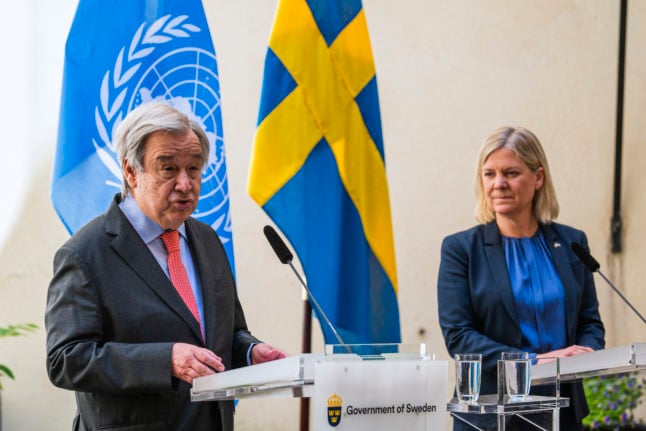Mobile subscriber numbers looked set to top seven billion in 2014, the International Telecommunication Union (ITU) said on Thursday.
"More than half of all mobile subscriptions are now in Asia, which remains the powerhouse of market growth," the agency said.
By the end of 2013, overall mobile penetration rates will have reached 96 percent globally, 128 percent in the developed world, and 89 percent in developing countries, it added.
"Near-ubiquitous mobile penetration makes mobile cellular the ideal platform for service delivery in developing countries," said Brahima Sanou, director of the ITU's telecommunication development bureau.
The ITU also forecast that 2.7 billion people, or 39 percent of the world's population, would be using the internet by the end of this year.
Europe will remain the world's most connected region, with 75 percent internet penetration, far outpacing the Asia-Pacific region at 32 percent, and Africa with 16 percent, it said.
"Household Internet penetration — often considered the most important measure of Internet access — continues to rise," the agency noted.
"By the end of 2013, ITU estimates that 41 percent of the world's households will be connected to the internet."
Over the past four years, household access has grown fastest in Africa, with an annual growth rate of 27 percent, it said.
But despite a positive general trend, 90 percent of the 1.1 billion households around the world that are still unconnected are in the developing world.
The ITU also highlighted disparities in the field of broadband internet.
It said the star performers in terms of access speeds were South Korea, Hong Kong and Japan, alongside some surprises in Europe, including Bulgaria, Iceland and Portugal.
The cost of fixed-broadband services has dropped precipitously over the past five years, declining by 82 percent if measured as a share of gross national income per capita, it said.
In developing countries, however, such services remain relatively expensive, with residential fixed-broadband accounting for just over 30 percent of average monthly gross national income per capita.
Broadband is most affordable in Europe, where a basic subscription costs on average less than two percent of gross national income per capita, the ITU said.


 Please whitelist us to continue reading.
Please whitelist us to continue reading.
Member comments